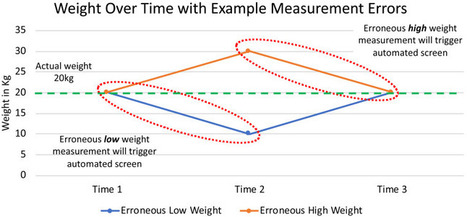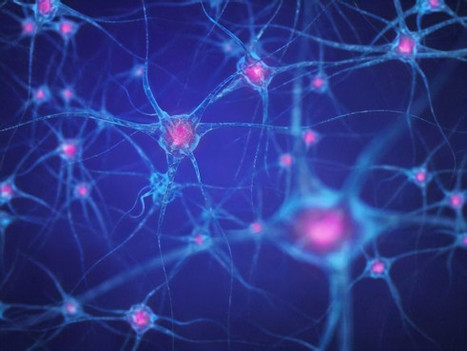Nutrition evaluation and intervention in hospitalized pediatric patients is critical, because undernutrition negatively impacts physical and cognitive development, wound healing, immune function, mortality, and quality of life.
Multiple, validated pediatric nutrition screening tools are available, yet no consensus on the ideal tool exists.
Generally, the aims of the nutrition screening process are identification of current nutrition status and determination of a need for further nutrition assessment and intervention.
Children’s Hospital of Philadelphia has developed what it says is the first automated pediatric malnutrition screening tool using EHR data.
In this study the tool was used to analyze anthropometric measurements in the hospital’s Epic EHR—including body mass index, height, length and weight—for inpatients in the pediatric oncology unit at CHOP for a little more than a year, representing about 2,100 hospitalizations.
Researchers used software to take note of changes in the anthropometric measurements to assess each hospitalized patient’s risk of malnutrition. For those pediatric cancer patients determined to be at risk, the automated program categorized their risk as either mild, moderate or severe.
In the study, 47 percent were classified as at mild risk, 24 percent as moderate risk and 29 percent as severe—consistent with clinical experience and other research. In addition, the overall prevalence of malnutrition was determined to be 42 percent for the study period, which was also consistent with previous studies.
“This test study demonstrates the feasibility of using EHR data to create an automated screening tool for malnutrition in pediatric inpatients, Further research is needed to formally assess this screening tool, but it has the potential to identify at-risk patients in the early stages of malnutrition, so we can intervene quickly. In addition, this tool could be implemented to screen all pediatric patients for malnutrition, because it uses data common to all electronic medical records.”
study: https://jandonline.org/article/S2212-2672(18)30974-2/abstract
Via nrip



 Your new post is loading...
Your new post is loading...









